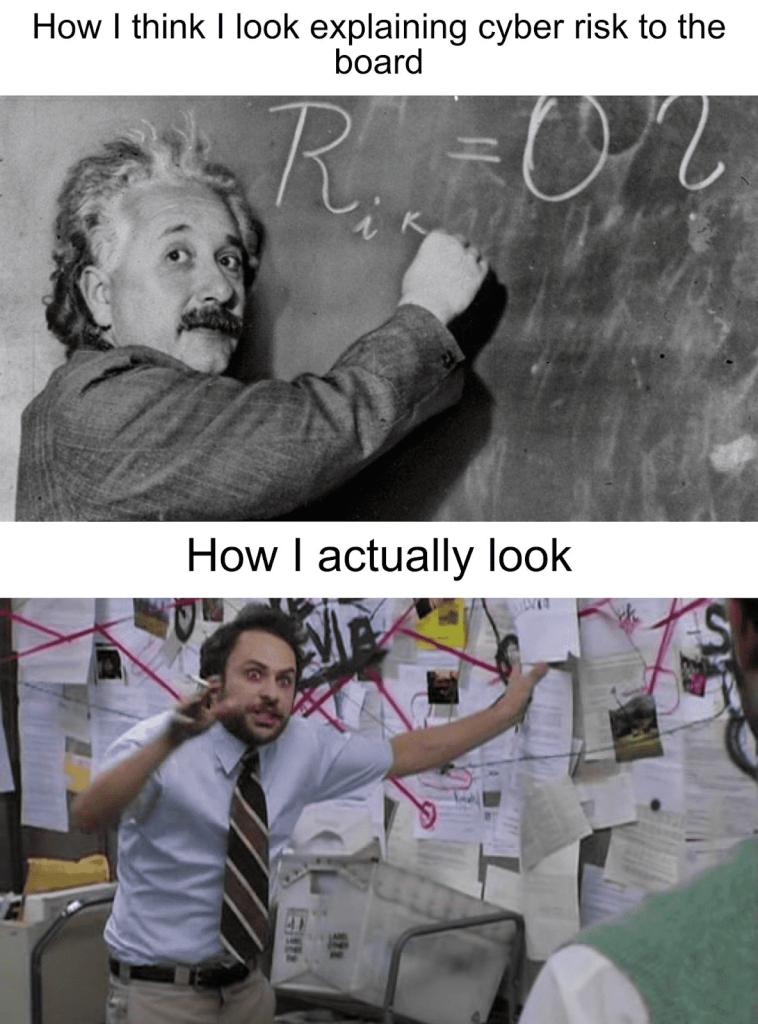
How to Stay Safe Online: Cybersecurity Tips for Everyone
In today’s world, where almost everything happens online—shopping, chatting with friends, working, or even ordering your favorite pizza—staying safe on the internet is as important as locking your front door at night. If you’ve ever wondered how to avoid falling victim to cyber tricksters, you’re in the right place. Let’s dive into some simple yet effective ways to protect yourself online, with examples and fun facts along the way!

1. Lock It Up: Use Strong Passwords
Imagine your online accounts are treasure chests. Would you protect them with a flimsy lock? No, right? A strong password is like a high-security lock that makes it tough for cyber burglars to break in.
How to Create a Strong Password:
- Use a mix of uppercase and lowercase letters, numbers, and symbols. For example: P@ssw0rd$123.
- Avoid using obvious things like your name, birthdate, or "123456."
- Pro Tip: Turn a random sentence into a password. For example, "I love chocolate at 3 PM" becomes ILc@3pm!
Fun Fact: The most common passwords in 2023 were "password" and "123456." Don’t be one of those people!
2. Beware of Phishy Emails
Phishing (pronounced "fishing") is when scammers send fake emails to trick you into sharing sensitive information like your passwords or bank details. Think of it as someone pretending to be your bank, but it’s actually a sneaky trickster.
Spot the Scam:
- Look closely at the sender’s email address. For example, your bank’s email might be support@bank.com, but a scammer might use support@b4nk.net.
- Be wary of urgency. If an email says, "Act now or lose your account," take a deep breath and check directly with the company.
- Avoid clicking on unknown links. Hover your mouse over links to see where they’ll take you before clicking.
Real-Life Example: In 2021, a phishing email claiming to be from Netflix tricked thousands of users into sharing their login details. The email said their accounts would be suspended unless they updated their payment information—but it was all fake!

3. Keep Your Devices Updated
Ever get those annoying "Update Now" notifications on your phone or computer? While they might seem bothersome, updates are crucial. They often fix security holes that hackers could exploit.
Why Updates Matter:
- Think of updates as a digital vaccine. They protect your devices from malware (malicious software).
- Hackers love outdated software because it’s easier to exploit.
Fun Fact: In 2017, a major ransomware attack called "WannaCry" affected over 200,000 computers worldwide. The attack could have been avoided if people had updated their software!
4. Use Public Wi-Fi Wisely
Free Wi-Fi at a coffee shop or airport sounds great, but it can be risky. Hackers can set up fake Wi-Fi networks to steal your information.
Stay Safe on Public Wi-Fi:
- Avoid accessing sensitive accounts (like your bank) on public Wi-Fi.
- Use a VPN (Virtual Private Network) to encrypt your data. Think of a VPN as a secret tunnel that hides your online activity from prying eyes.
Real-Life Scenario: A man sitting in a coffee shop sets up a fake Wi-Fi network called "CoffeeShop_FreeWiFi." People connect to it, not realizing he can see everything they’re doing online. Don’t let this happen to you!
5. Think Before You Click
Not everything online is what it seems. Fake ads, pop-ups, and even too-good-to-be-true offers can lead you straight into a cyber trap.
How to Stay Click-Safe:
- If a website promises you a "Free iPhone," it’s probably a scam.
- Don’t download attachments from unknown sources.
- Use trusted websites and official app stores.
Fun Fact: In 2024, a scam called "Too Good To Be True" promised people luxury vacations for $1.99. Thousands fell for it!
6. Protect Your Personal Information
Oversharing on social media is like giving strangers a map to your life. Think twice before posting personal details like your address, phone number, or vacation plans.
Example:
If you post, "Off to Hawaii for two weeks!" on social media, a burglar might see it as an invitation to visit your empty house. Instead, share your vacation photos after you’re back home.
7. Use Two-Factor Authentication (2FA)
Two-factor authentication adds an extra layer of security to your accounts. Even if someone gets your password, they won’t be able to log in without a second step, like a code sent to your phone.
Real-Life Example: Imagine someone guesses your password and tries to access your email. Without the 2FA code sent to your phone, they’re locked out.
Fun Fact: 2FA reduces the risk of unauthorized access by 99.9%!
8. Back Up Your Data
Imagine losing all your photos, documents, and files because of a cyberattack or computer crash. Backing up your data ensures you can recover everything even if the worst happens.
How to Back Up:
- Use cloud storage services like Google Drive or OneDrive.
- Keep an external hard drive as a backup.
Final Thoughts
Staying safe online doesn’t require you to be a tech wizard. By following these simple tips, you can enjoy the digital world without worrying about falling into cyber traps. Think of cybersecurity like wearing a seatbelt—it’s a small effort that can save you from big trouble.
So, the next time you’re browsing the internet, remember: stay cautious, stay updated, and most importantly, think before you click. Happy (and safe) surfing!
Happy Surfing!
8 Reactions
0 Bookmarks
